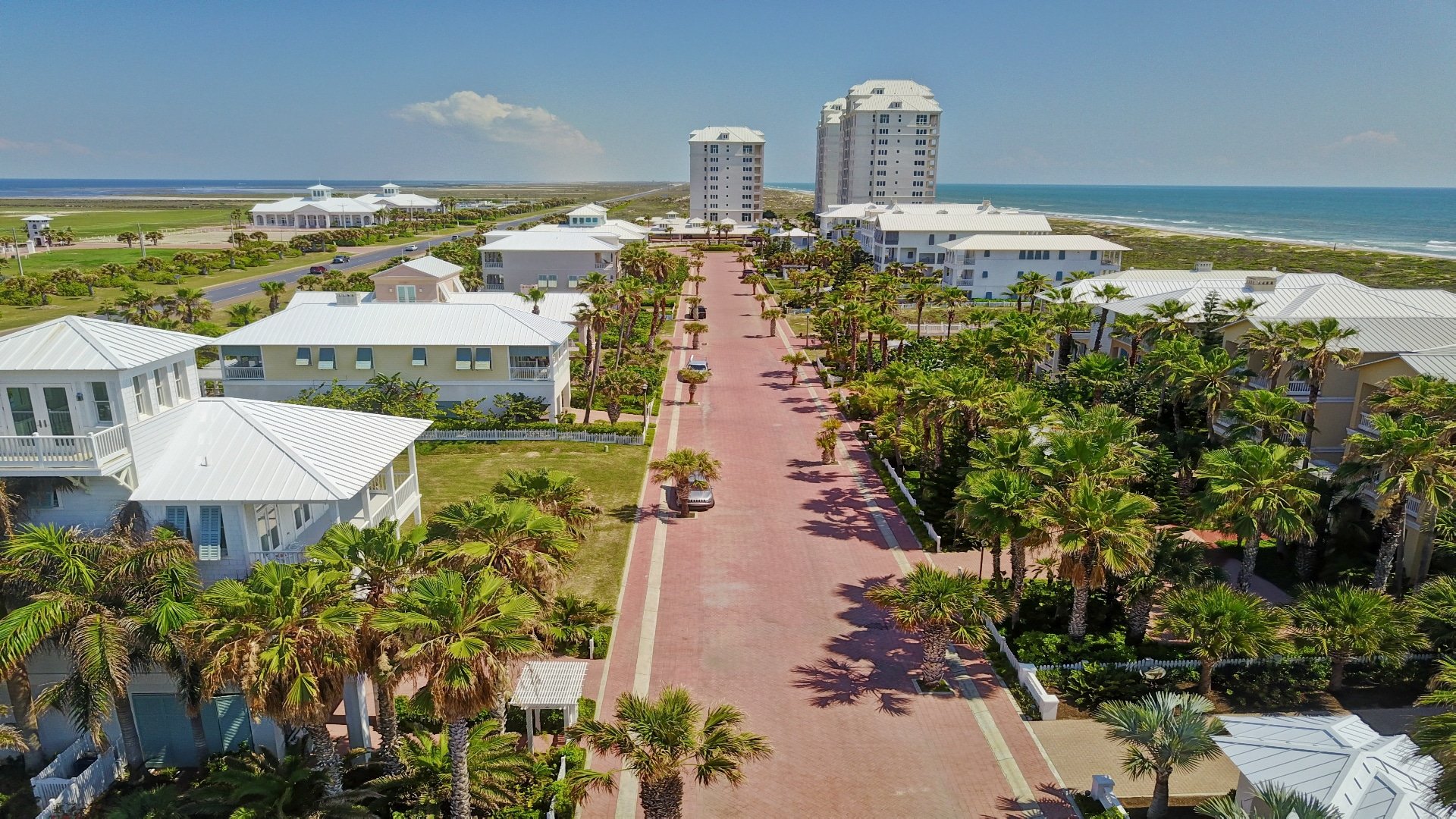With a shudder and jibe, a brown pelican slews right and back left trying to stay level in the gusty winds off the Gulf of Mexico.
Along the shores of the 6,500-acre Bahia Grande, white pelicans and egrets, ducks and shorebirds are resting or probing the muddy brown banks for a meal.
Less than 15 years ago this now-vibrant saltwater wetland was mere wasteland, a place Port Isabel residents learned to curse when those same robust gulf winds swept the dried husk of a bay, sending periodic sandstorms across the town.
Welcome back, Bahia Grande.
“What a difference from those days,” said Boyd Blihovde, refuge manager for Laguna Atascosa National Wildlife Refuge who counts the Bahia Grande Unit as being under his umbrella.
The Bahia Grande “desert” was born 70 years ago when spoil banks from dredging the nearby Brownsville Ship Channel were piled along the edges of the channel.
Then State Highway 48 was constructed along the same edge of the bay, essentially cutting off the area and depriving it of a life-giving pulse of tidal current. Bahia Grande, or BigBay, and two smaller bays, Laguna Larga and Laguna Chica, simply dried up.
A grassroots environmental effort involving more than 65 partners, and the acquisition of 21,700 private acres surrounding the bay by the Laguna Atascosa refuge, led to one of the largest coastal wetlands restoration projects ever conceived.
Their success, and a pilot channel dug from the ship channel to the bay in 2005 and two interior channels to the smaller bays that allowed saltwater to flow into the basin once again, has brought Bahia Grande to the point where some of it could be opened to the public.
“In 2005 the restoration began, so it took almost five years to get that water back into the system, and almost 10 years later we’re slowly enacting it,” Blihovde said yesterday. “My goal is to at least evaluate as to what types of public use or public activity can be supported on the property, and get some level of openness to Bahia Grande for the public.”
To be sure, some people are using the bay as a fishing hole already.
By RICK KELLEY | Staff Writer





